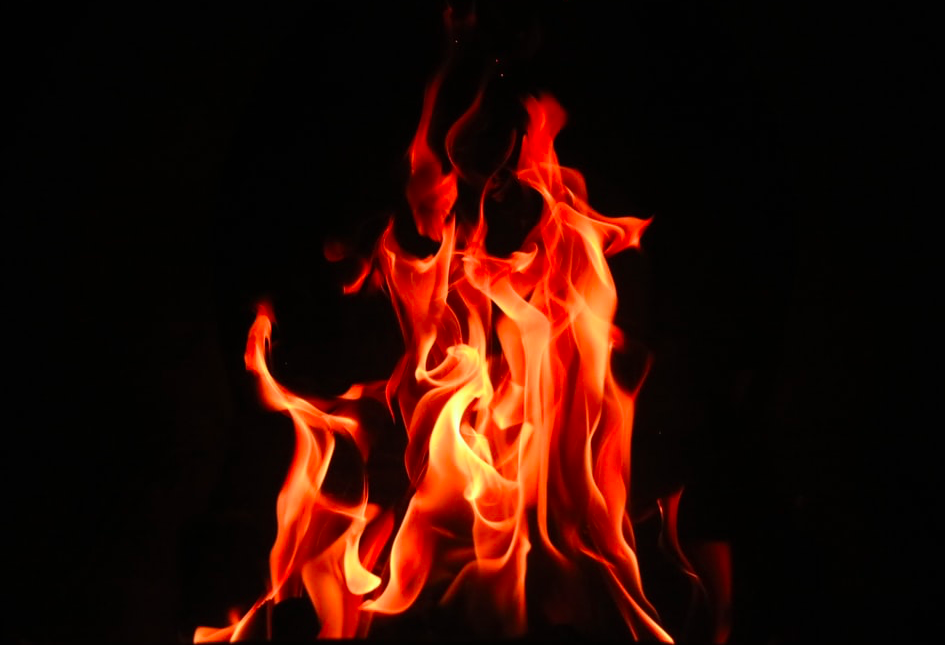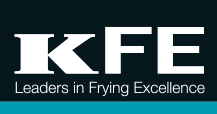
Batter scraps present a huge fire risk if not disposed of correctly, explains KFE School of Frying Excellence trainer Gordon Hillan
One of the most common causes of chip shop fires – ahead of electrical and pan fires – is batter scraps catching light, yet very few friers are aware of the dangers. So why are batter scraps so dangerous?
Batter scraps retain heat and when they are packed tightly together in a bin, that heat continues to rise and can become hot enough to spontaneously combust. The oil content of the batter scraps literally adds fuel to the fire.
What makes the problem even worse is hot scraps being placed into plastic bins, which are not fireproof. Often these are the same bins used for disposing of things like cardboard and paper towels that catch fire immediately when exposed to a flame.
“Batter scraps are a real problem,” says Gordon. “We’ve seen businesses devastated due to fires that have started because batter scraps haven’t been disposed of correctly.”
Gordon’s top tips
1. Empty batter scraps into a metal container and douse with cold water until they have cooled down.
2. Take the cooled-down batter scraps outside at night and store them in a metal container as far away from any buildings as possible. Never leave batter scraps inside.
3. Get into the habit of not leaving any rubbish in your shop overnight. Taking the rubbish out should be the last thing you do at night, not the first thing you do in the morning.
4. Educate all your staff on the reasons for disposing of batter scraps correctly so they understand why it’s so important. Build this into your staff training from day one.
5. Good practice is to have a closing down check sheet for the end of every night. Make sure emptying the bins, especially of batter scraps, is on there.
Insurance
It’s highly likely that your insurance will include a clause for the correct disposal of batter scraps so do check it and make sure you comply.
On the subject of insurance, Gordon emphasises the need for shops to check they have enough cover and recommends a new-for-old policy.
He says: “A lot of shops when they have a fire find out afterwards that they are underinsured. I spoke to an experienced fish and chip operator recently whose range was 35-40 years old, so the value of it was only a few thousand pounds. They had a fire and the policy only covered the value of the old range, not the cost of a new replacement range, so the owners are now out of pocket and the shop remains closed. While it might cost a bit extra for new-for-old, it’s well worth the peace of mind. After all, we may be talking about a few hundred pounds, not thousands.”
Fire safety is just one aspect covered at the KFE School of Frying Excellence. To find out about all the courses we run, as well as our in-shop training, contact the office today on 01778 380 448 or e-mail sales@kfeltd.co.uk

